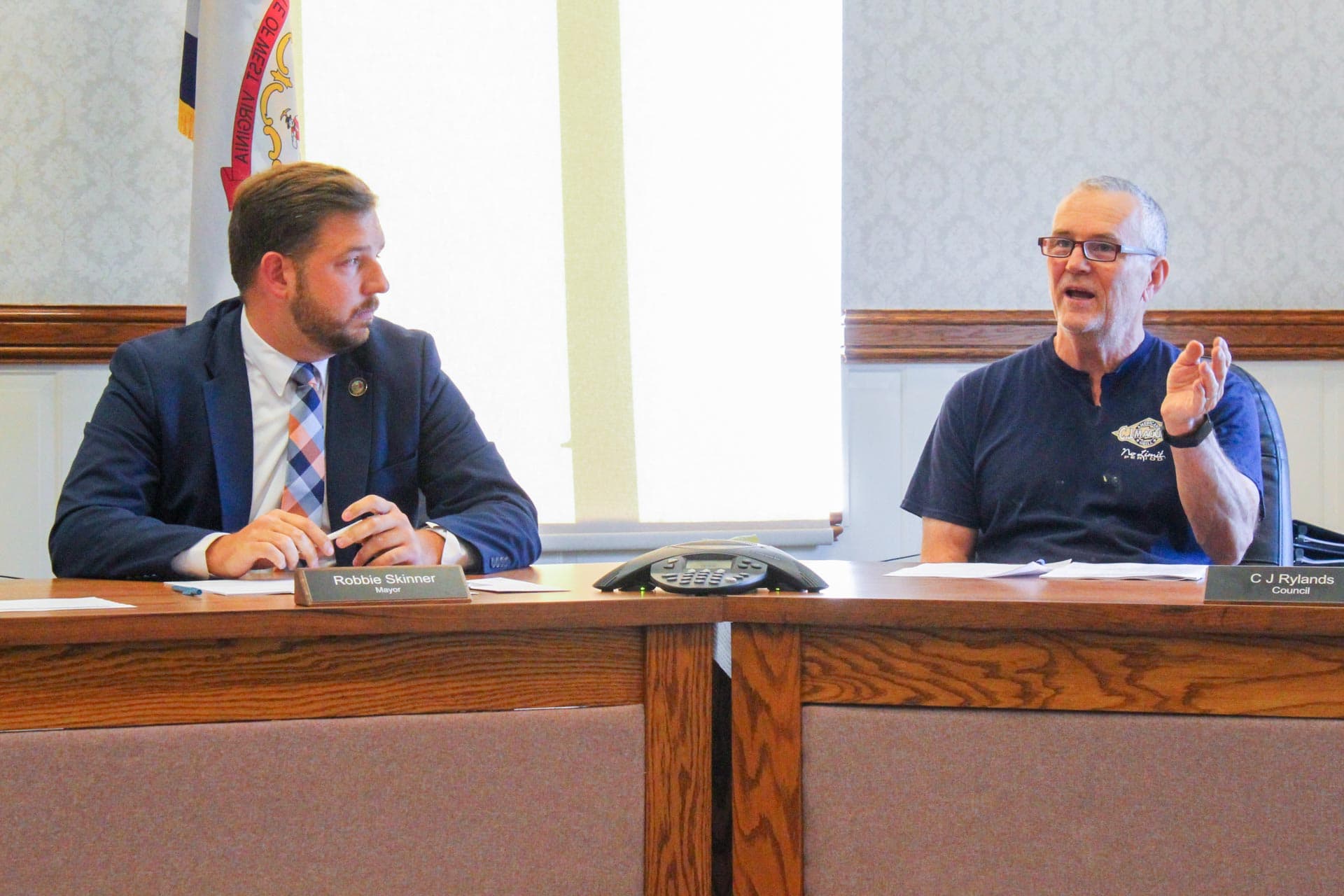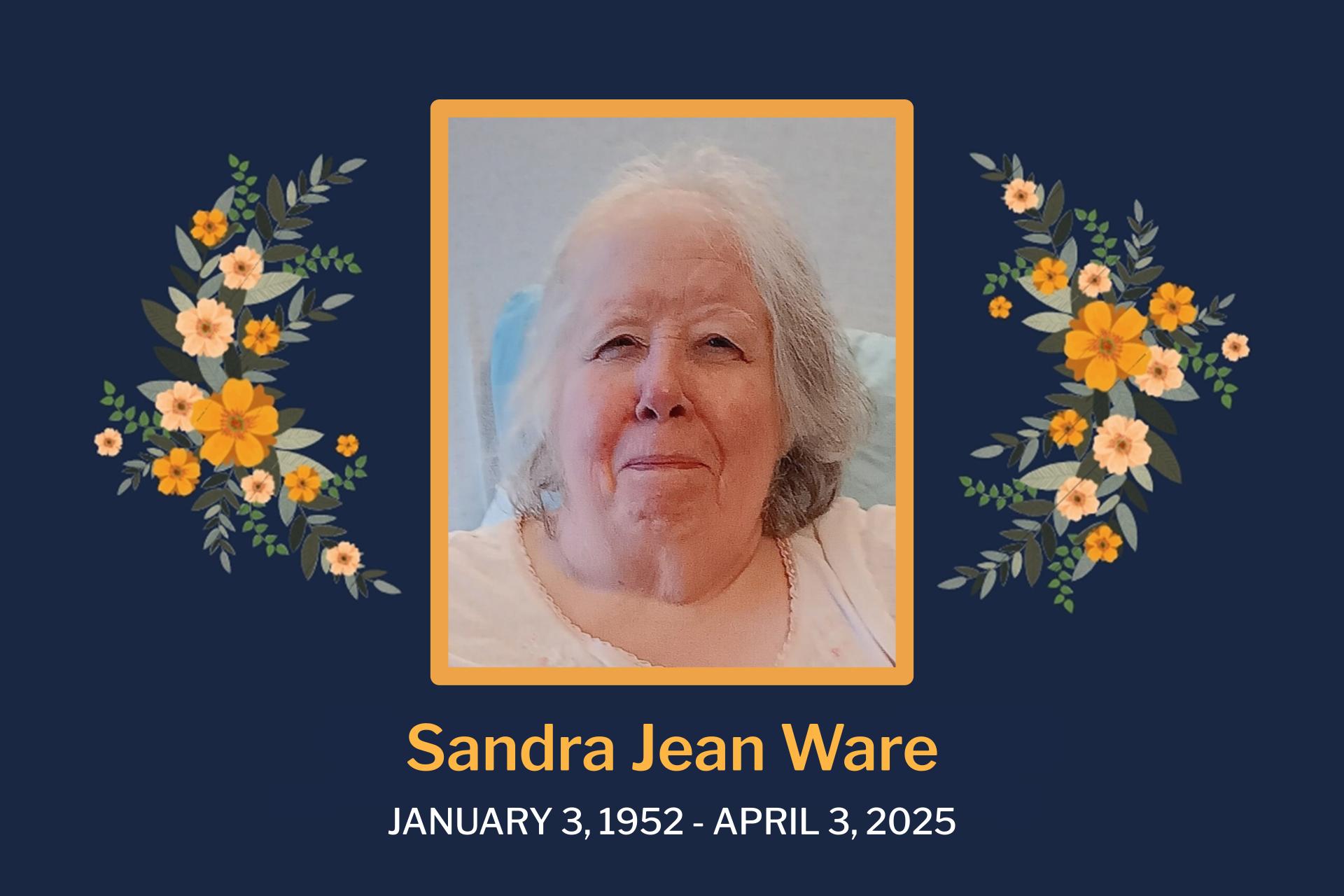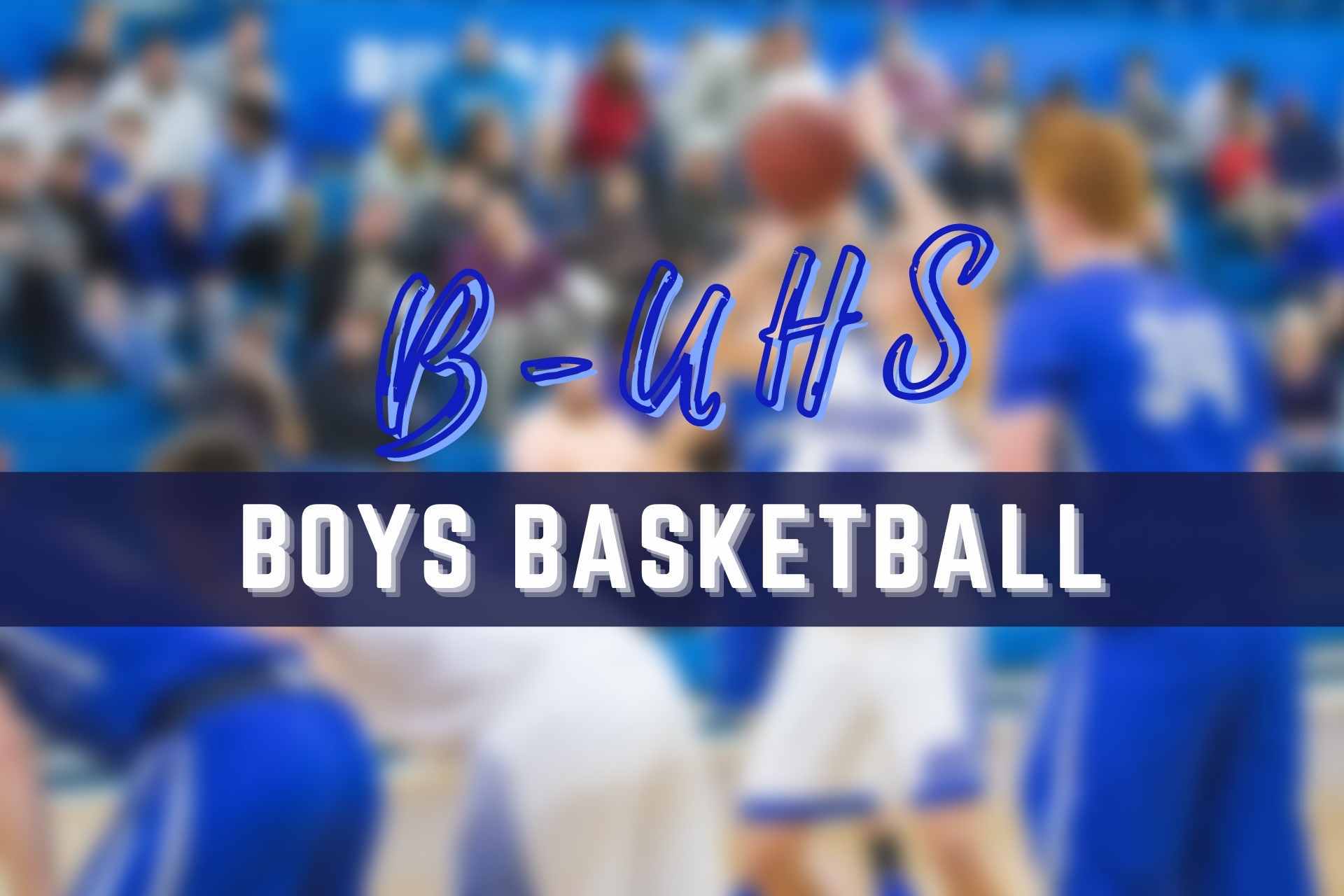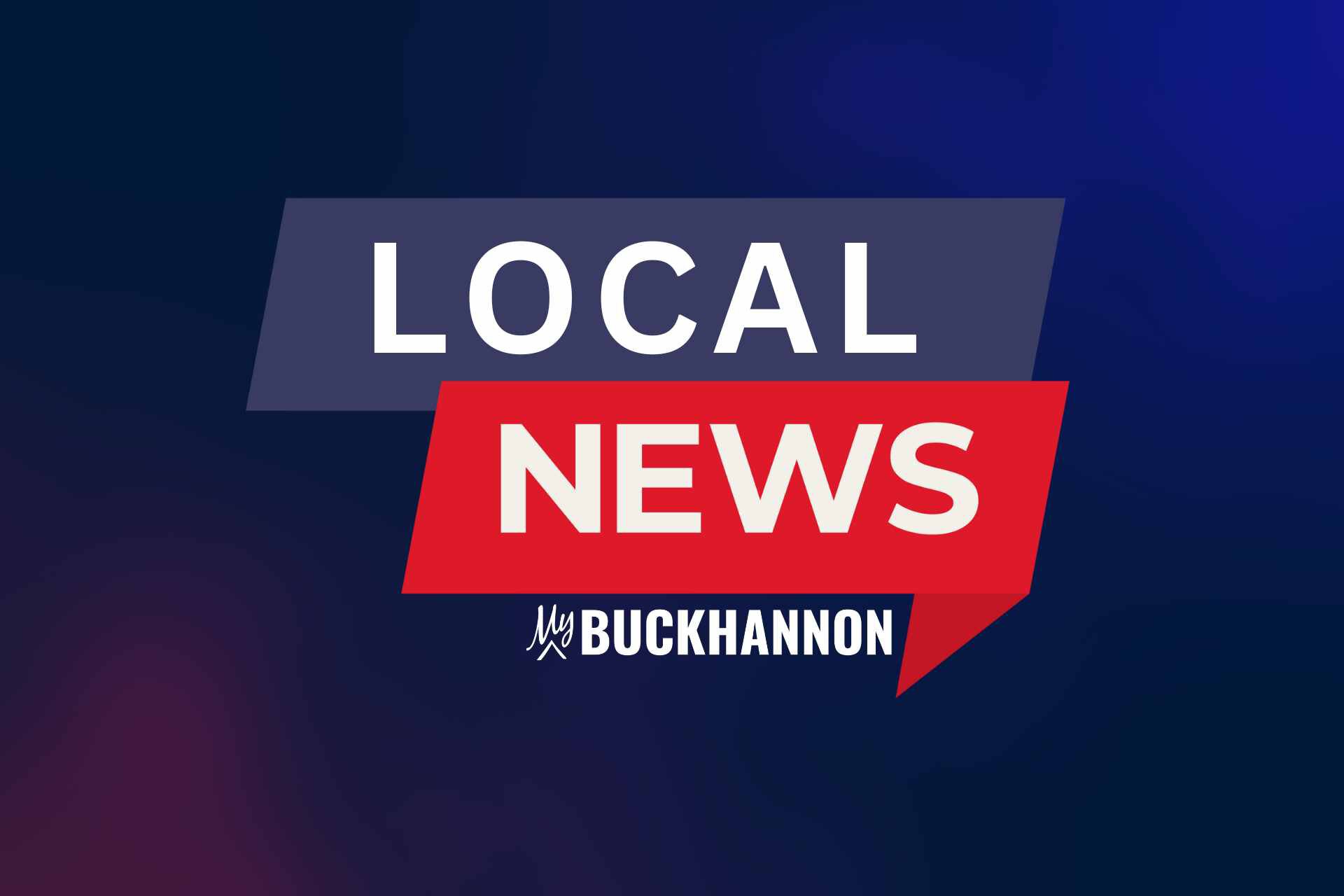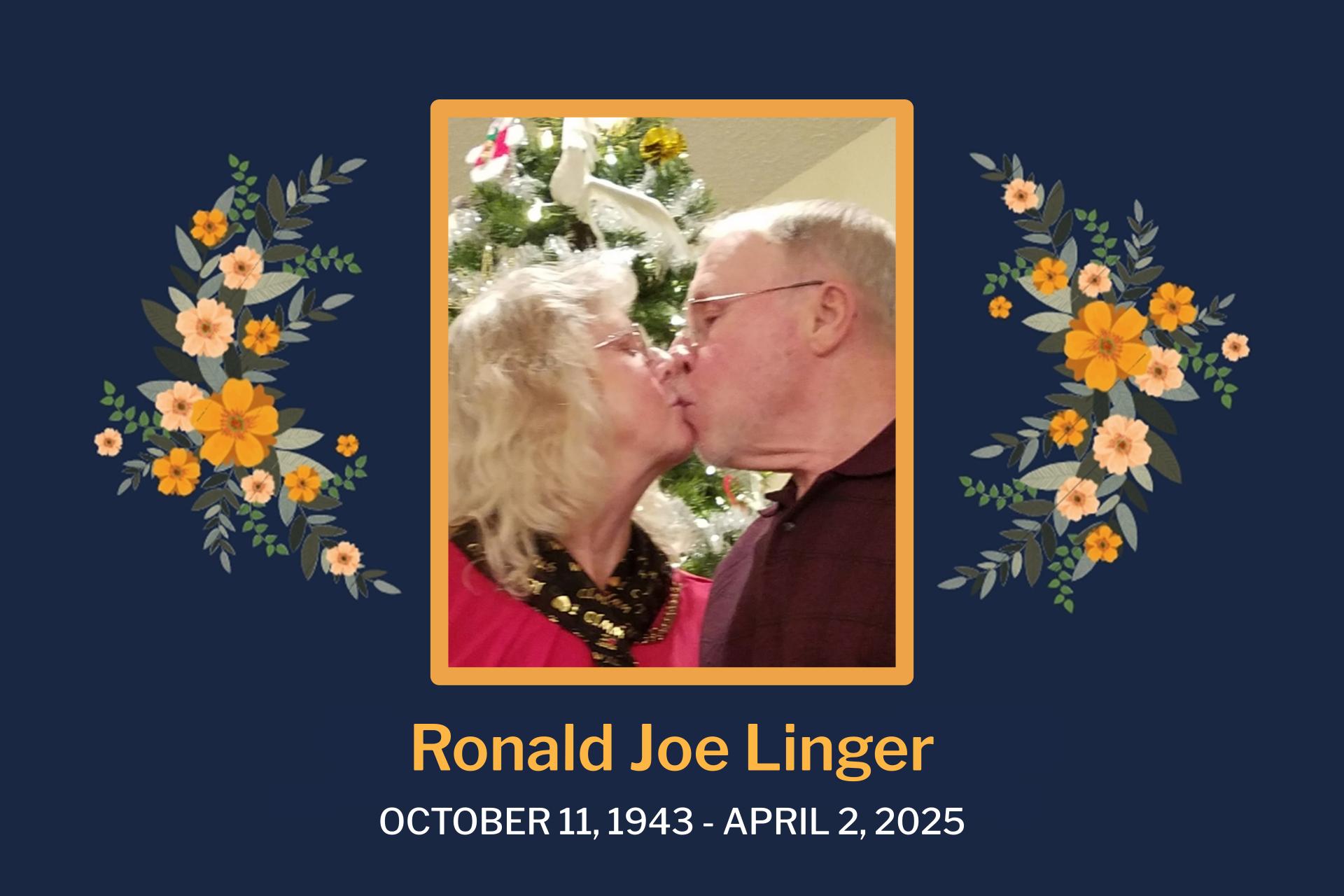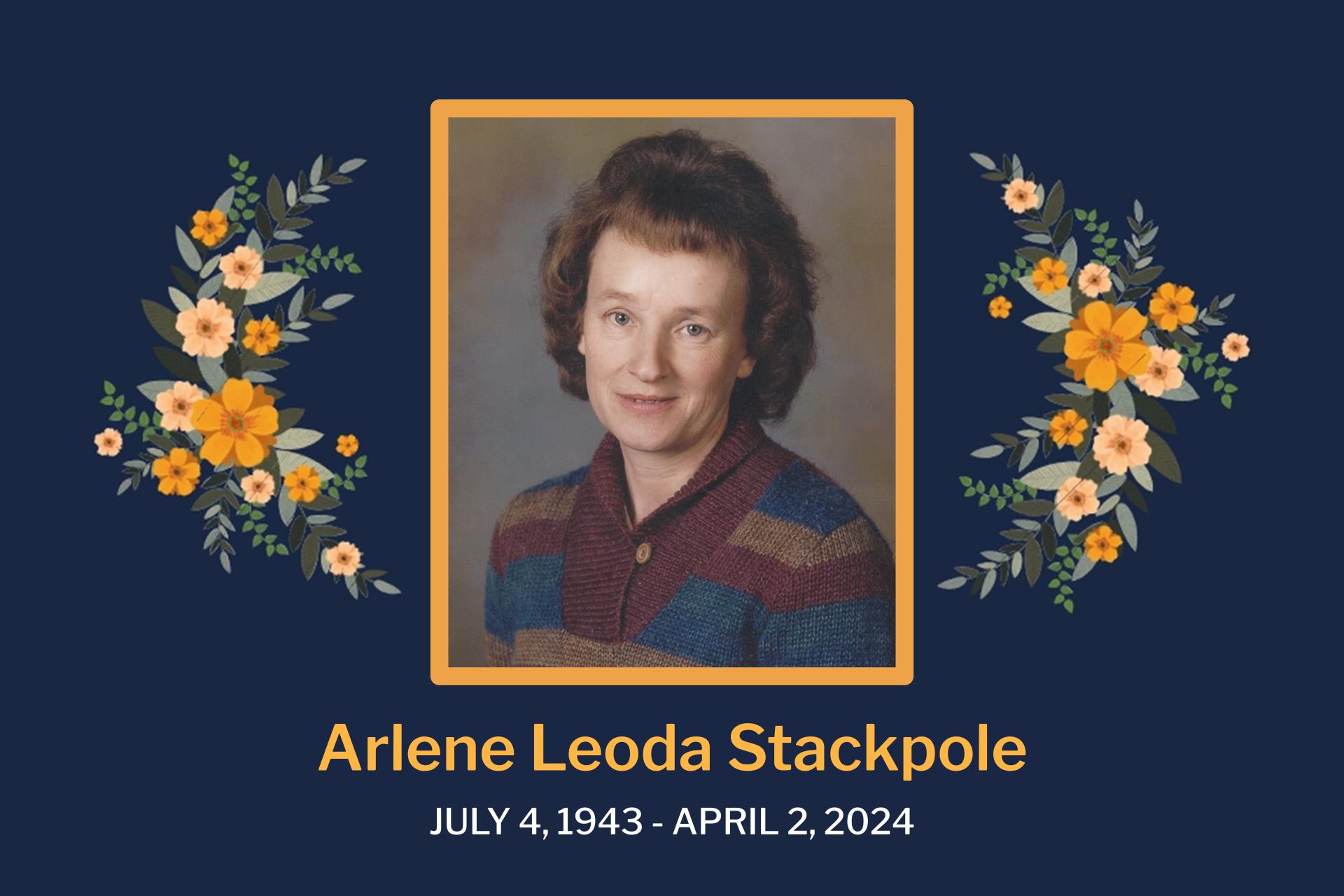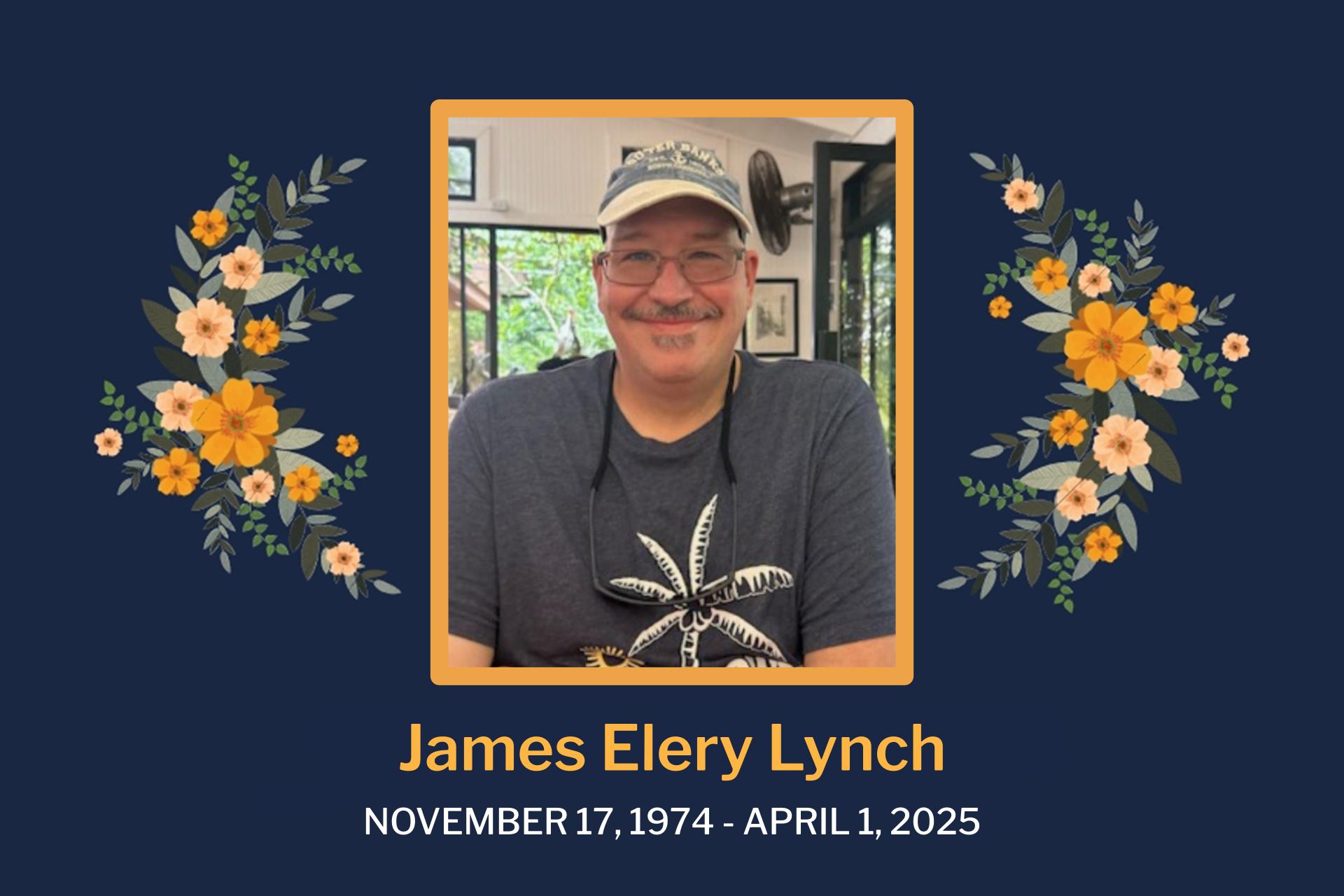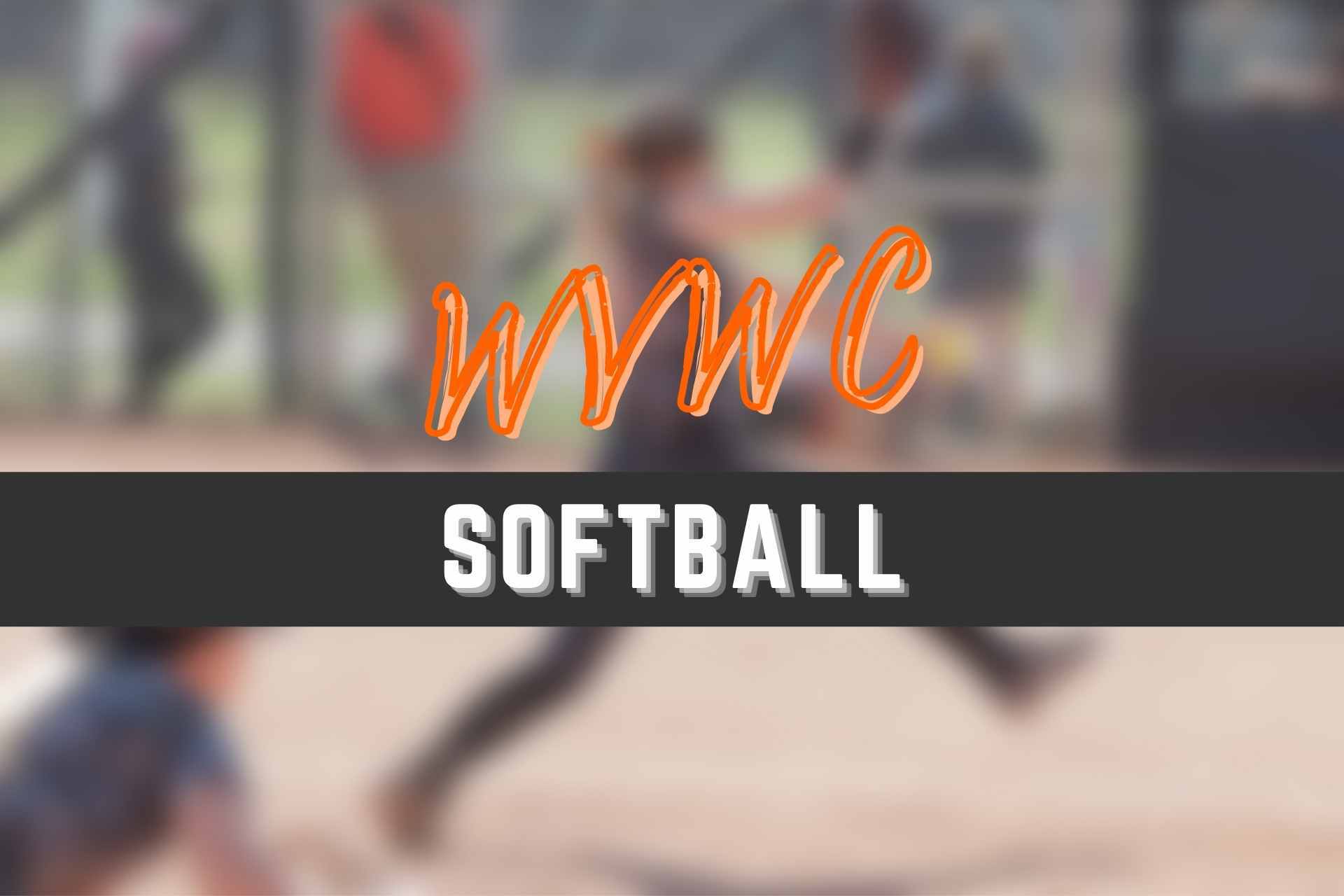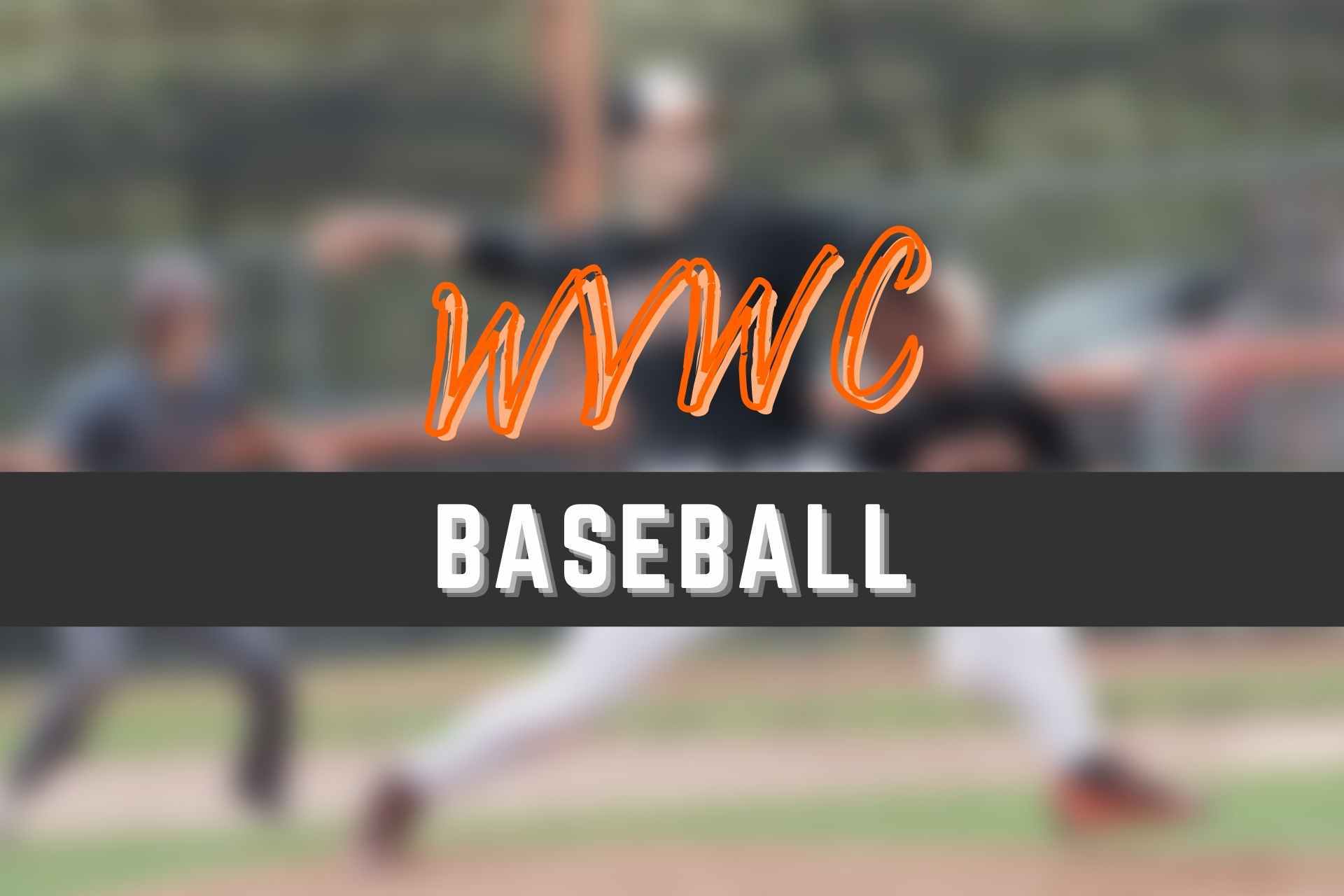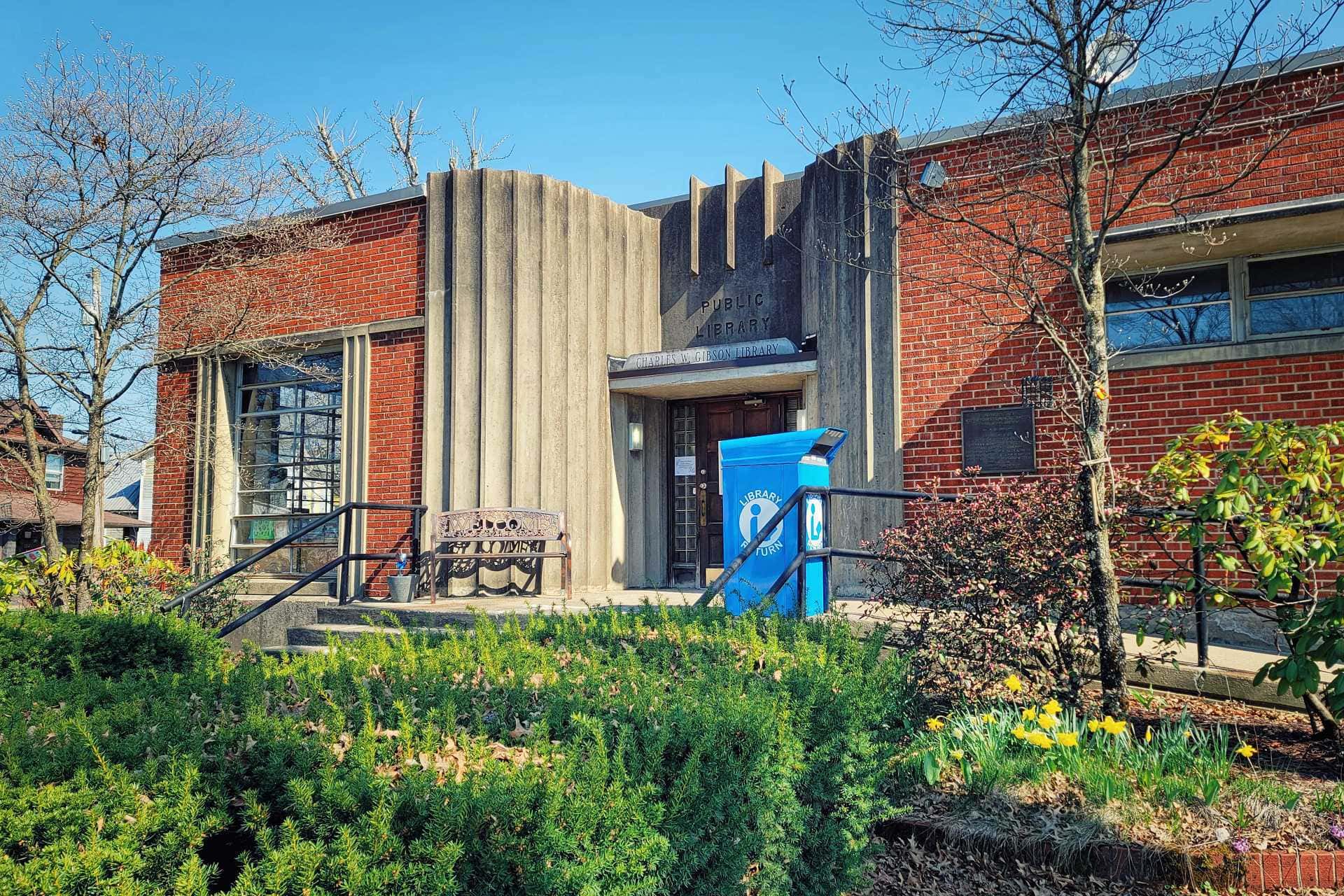BUCKHANNON – The City of Buckhannon’s Consolidated Public Works Board on Thursday approved a request to proclaim June as Pride Month but denied a request to place Pride flags in the flower planters in front of City Hall.
During the May 27 Consolidated Public Works Board meeting, Matt Kerner, executive director of the Opportunity House, brought the request before the Board.
“We basically want to do what we did with Child Abuse Awareness Month and Breast Cancer Awareness because June is Pride Month,” Kerner said. “I know last year, there [was] some unauthorized distribution of little Pride flags, so we want to officially do that and have Mayor Robbie read a proclamation saying this is an inclusive community and LGBTQ members are valued members of that community.”
According to the Library of Congress, LGBTQ Pride Month is celebrated annually in June in commemoration of the 1969 Stonewall Uprising in Manhattan, New York. The Stonewall Uprising was a galvanizing point for the gay liberation movement in the U.S., and the first Pride march in New York City took place June 28, 1970, on the uprising’s one-year anniversary.
City Attorney Tom O’Neill said prior to the meeting, he had researched the legality of freedom of expression on public property.
“In particular, in what’s called the public forum doctrine in 1983, the United States Supreme Court issued an opinion that set out what’s called the public forum doctrine,” O’Neill said. “The public forum doctrine establishes that when you’re talking about public property and public spaces, and the exercise of First Amendment rights, there are three categories of property.”
The first type of public property is called quintessential or traditional public forms, like sidewalks and streets, which are typically used in the exercise of First Amendment rights.
“The restriction of free speech within a traditional public forum is highly suspect and cannot be overcome, except on extraordinarily strict grounds and then you have the second category, which is called limited public forums, which is an in-between category,” O’Neill said.

Limited public forums have some characteristics of a traditional public forum, but they are not intended to be used that way and are not required to be open by the government, the city attorney explained.
“When they are open, they have to be treated like traditional public forums,” O’Neill said. “In other words, you can’t make viewpoint or content-based distinctions on what speech is permitted in a limited public forum, but you can designate whether or not it’s an open forum or not.”
The third category is called a non-public forum, which is public property that’s not intended to be used in the exercise of free speech or is intended for other uses, such as the offices in City Hall.
“If I were to characterize the question that I’m being asked here, it’s ‘what is the nature of the planters on Main Street? And what, if anything, is the city’s legal obligation with respect to the application to use those planters for the exercise of free speech?’” O’Neill said. “Putting aside my own viewpoint, my job as city attorney is to advise this board, and all the organs of city government, as to what the status of law is without respect to my own viewpoints.”
O’Neill said he believed the planters in front of City Hall fell into the category of a non-public forum.
“My opinion is that those planters are non-public forums – that they are built and used as flower planters – and the city is not obligated to open them up to other exercises of free speech,” he said. “With respect to the first question [of], ‘Is the city obligated to grant the application on First Amendment grounds?’ My opinion is no because the request is to use a non-public forum for First Amendment activity which is not required by the Constitution.”
O’Neill also said if the city granted the request and the planters were utilized for the exercise of First Amendment rights, it could change the nature of the forum, i.e., the purpose of the planters.
“Even though my opinion right now is that the flower planters up and down Main Street are non-public forums, the Board granting the application could convert that to a limited public forum through practice, and therefore put itself in a position where it would be very hard-pressed to deny any other applications,” O’Neill said.
The city attorney said he couldn’t tell the Board how to vote, but it was his duty to explain the potential consequences of approving the application regarding the planters.
“You may be opening a Pandora’s box and be in a position where you cannot make viewpoint-based distinctions with respect to the use of those planters,” O’Neill said. “You can’t make content-based decisions that are not permissible under the First Amendment, and the First Amendment protects a wide variety of speech that may or may not reflect the values of the community, whatever the elected representatives of the community may deem those to be.”
Board member and city councilman CJ Rylands said he was concerned about making an official decision that would result in the Board not being able to deny future requests.
“In other words, once we say yes, then we have to say yes to everyone,” Rylands said. “To my knowledge, we’ve never been asked this question before; I don’t believe in my five years working on this board there has been a request to utilize those planters. I think other people that have used them did it on their own, and they cleaned them up when they were done.”
“I don’t know,” he added. “I’m concerned if we make an official decision, then the next guy who wants Confederate flags up there, then we can’t pick and choose.”
Board member Nancy Shobe made a motion to deny the request, and board member and city councilwoman Pam Bucklew seconded the motion, but there was no vote on the motion because mayor Robbie Skinner stepped in to differentiate between the Pride Month proclamation request and the request to place Pride flags in the planters.
“There’s a motion and a second to not do the flags, but I am more than happy to do the proclamation and to do a nice ceremony, commemorating the month and declaring it in our city,” Mayor Robbie Skinner said.
Rylands said he was also worried about the message the city would be sending by denying the request.
“I’m concerned about the message that we send by turning this down – to all those people in our community represented by these flags, but I’m also cognizant that I don’t necessarily want to see other flags there that represent other groups that are as passionate about [their causes],” Rylands said.
Skinner agreed that it is important to represent all members of the Buckhannon-Upshur community.
“To CJ’s point, I think it is important to show the inclusivity of our community, which is why I have no problem doing a proclamation,” he said. “We could do it June 1 if we wanted to and start the month off and have it have it ready to go. The flags are up to the will of the Board, but I’m certainly willing to and would be happy to do the proclamation for the month.”
O’Neill said a signing a Pride Month proclamation would not lead to any of the aforementioned consequences.
“A proclamation is a form of your public speech as a public official, and nobody can compel it or restrict you as a public official, so you’re free to offer a proclamation and you’re free to deny a proclamation to the Sons of Confederate Veterans or whatever might come next – that does not open any cans of worms,” O’Neill said.
Skinner presented a revised motion to not put up the Pride flags, but to conduct a proclamation ceremony commemorating the month. Shobe made a motion to that effect, and Bucklew seconded it. The motion passed with board members Mark Waldo, Shobe and Bucklew voting in favor of it and Rylands voting against the modified motion.
A proclamation declaring June 2021 Pride Month has been set for 3:30 p.m. Friday, June 4 in City Hall.
